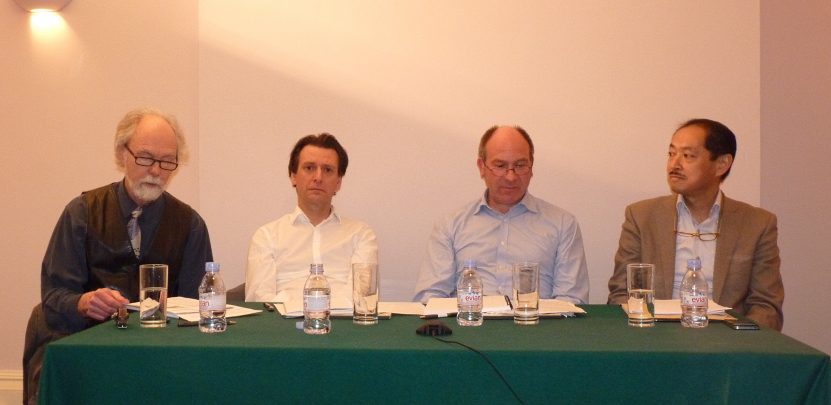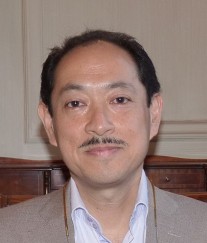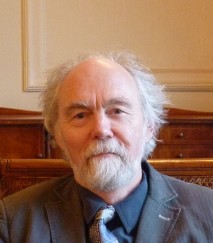 Seminar
SeminarTuesday 11 March 2014
6:00pm – 8:30pm
Japan and China: Through Journalists’ Eyes
Drinks reception from 7:30pm
13/14 Cornwall Terrace, Outer Circle, London NW1 4QP
Organised by The Daiwa Anglo-Japanese Foundation
An exchange between the Ambassadors of Japan and China in a British newspaper at the start of this year then led to BBC television interviews with the two. Prime Minister Abe’s comparison between the present state of Japan-China relations and UK-German relations before World War I (with or without mistranslation) attracted the attention of journalists around the world, and the Financial Times article about this comment stirred criticisms in Japan. Along with the impact of social media, today’s international relations are enormously influenced by how journalists cover stories and how they portray different countries. With that in mind, this seminar looked at how Japan and China and the relations between them have been discussed recently by journalists, and why. We considered the extent to which Japan and China attempt to manipulate or control coverage of themselves in the media, the extent to which journalists yield to this pressure, and whether there are any differences between Western and Japanese or Chinese journalists in their attitudes to truth and information.
The speakers were David Pilling, Asia Editor of the Financial Times, Dominic Ziegler, Asia Editor of the Economist and Michio Hayashi, Europe Bureau Chief in London of the Yomiuri Shimbun. The seminar was chaired by Professor Barry Buzan, Emeritus Professor of International Relations at the London School of Economics.
You can view a recording of the seminar here:
About the contributors

David Pilling
David Pilling is based in Hong Kong as the Asia Editor of the Financial Times, overseeing coverage of a region that includes China, India and Japan. He writes an award-winning weekly column on Asian affairs and frequently interviews leading regional figures from the worlds of politics, business and the arts. He was FT Bureau Chief in Tokyo from 2002 to 2008. His book Bending Adversity: Japan and the Art of Survival was published by Penguin in January 2014.

Dominic Ziegler
Dominic Ziegler has been the Economist’s Asia editor since 2011. Between 2005 and 2010 he was the bureau chief in Tokyo and then founding author of the magazine’s Banyan column on Asian affairs. He joined The Economist in 1986 as a financial reporter before becoming finance editor in 1990. He subsequently served as Washington correspondent. From 1994-2000 he was The Economist’s China correspondent, based first in Hong Kong and then Beijing.

Michio Hayashi
Michio Hayashi is based in London as Europe Bureau Chief for the Yomiuri Shimbun. He is a graduate of Law from Keio University. He has been posted to various international locations for the Yomiuri Shimbun, including New Delhi, Washington D.C. and Brussels. Hayashi is co-author of Mega-China (Tokyo, Chuo-koron Shinsha, 2011), a book about the rise of China from a Japanese perspective, and Shoku- shock (Tokyo, Chuo-koron Shinsha, 2008), which looks at food safety in Japan.

Professor Barry Buzan (Chair)
Professor Barry Buzan (Chair) is Emeritus Professor of International Relations at the London School of Economics and Political Science (LSE), Honorary Professor at Copenhagen and Jilin Universities, and a Senior Fellow at LSE Ideas. During 1993 he was a visiting professor at the International University of Japan. In 1998 he was elected a fellow of the British Academy. Among his books are: Security: A New Framework for Analysis (1998, with Ole Wæver and Jaap de Wilde); International Systems in World History: Remaking the Study of International Relations (2000, with Richard Little); Regions and Powers: The Structure of International Security (2003, with Ole Wæver); The Evolution of International Security Studies (2009, with Lene Hansen); and Non-Western International Relations Theory (2010, co-edited with Amitav Acharya).